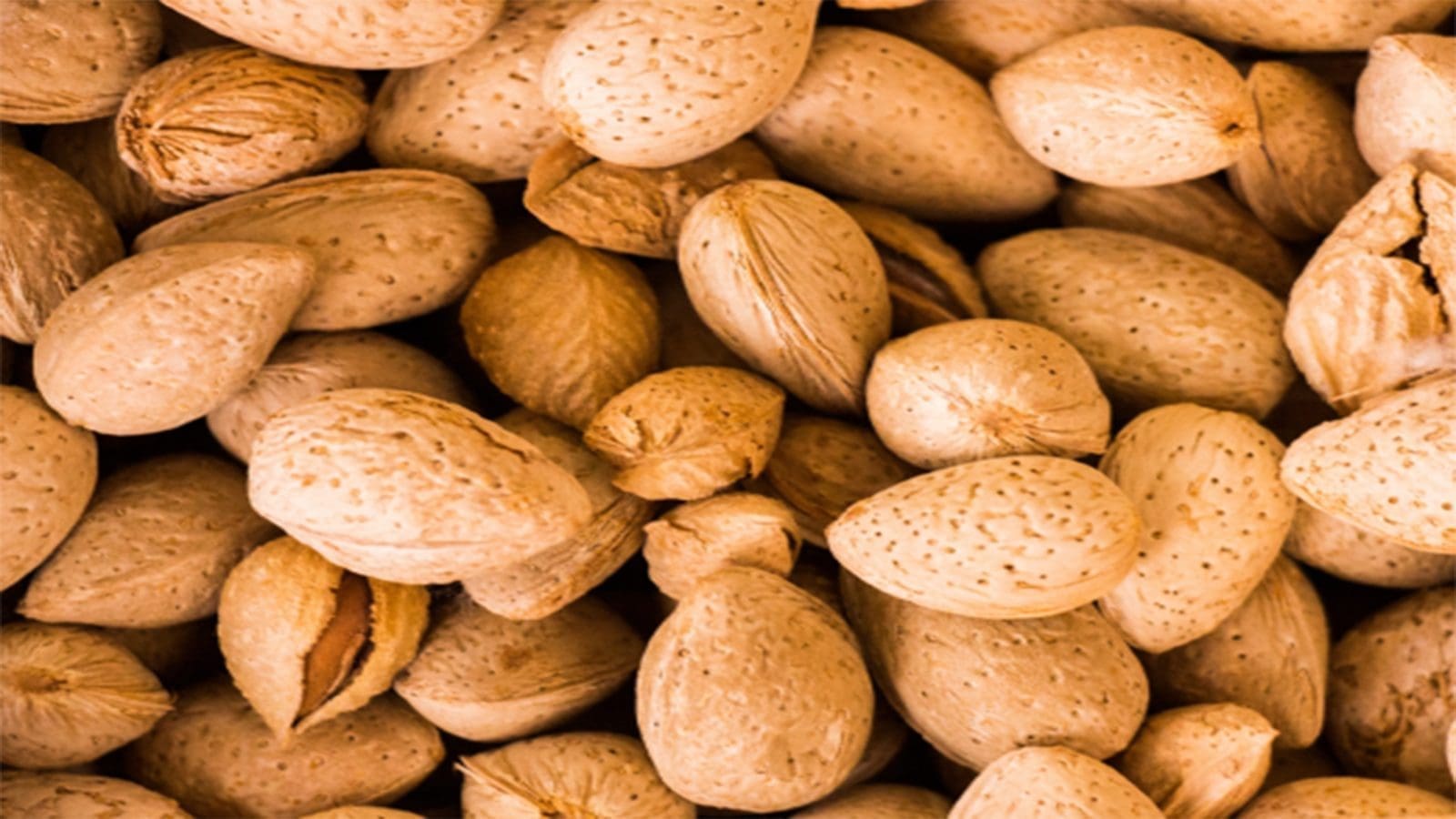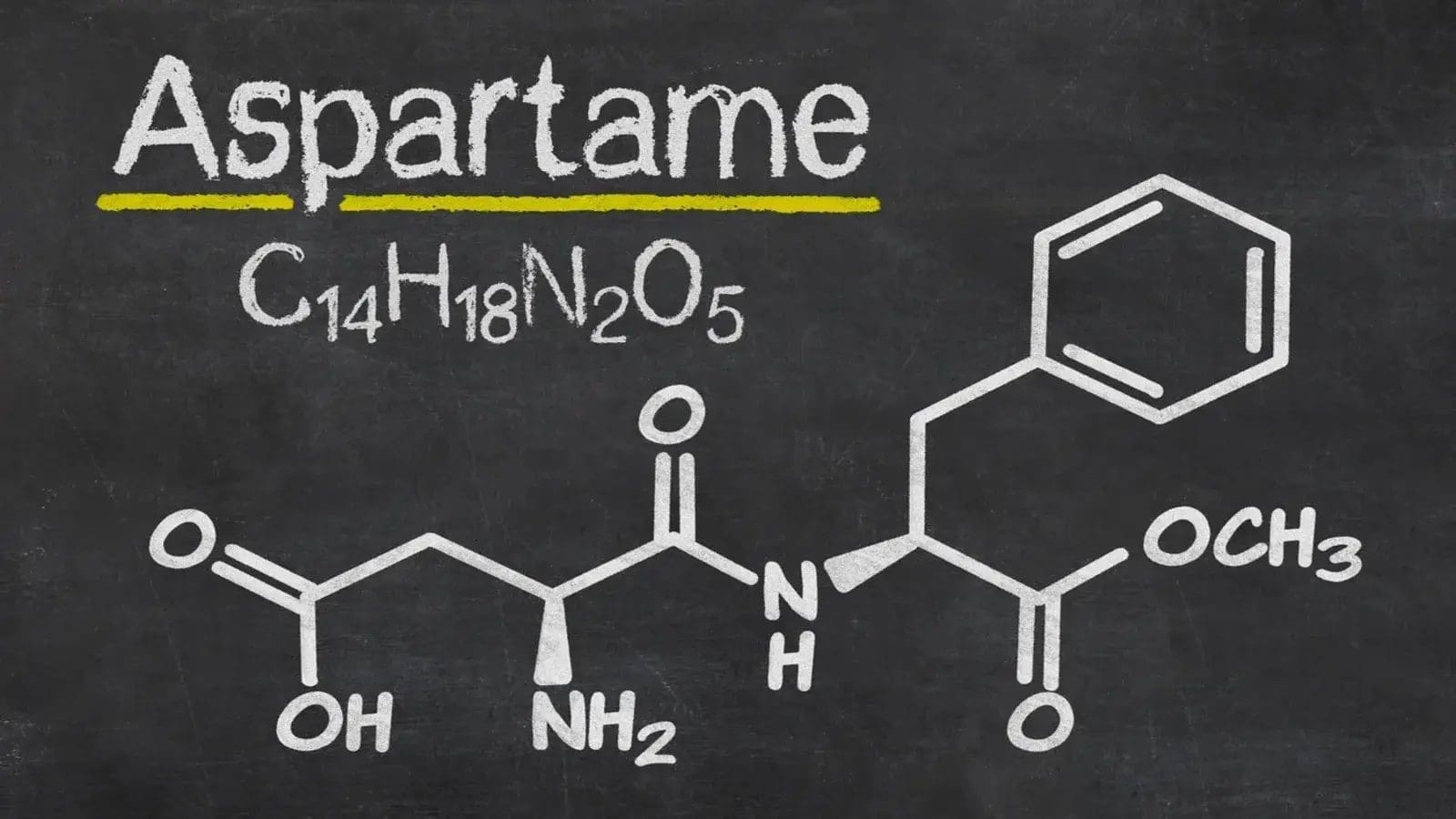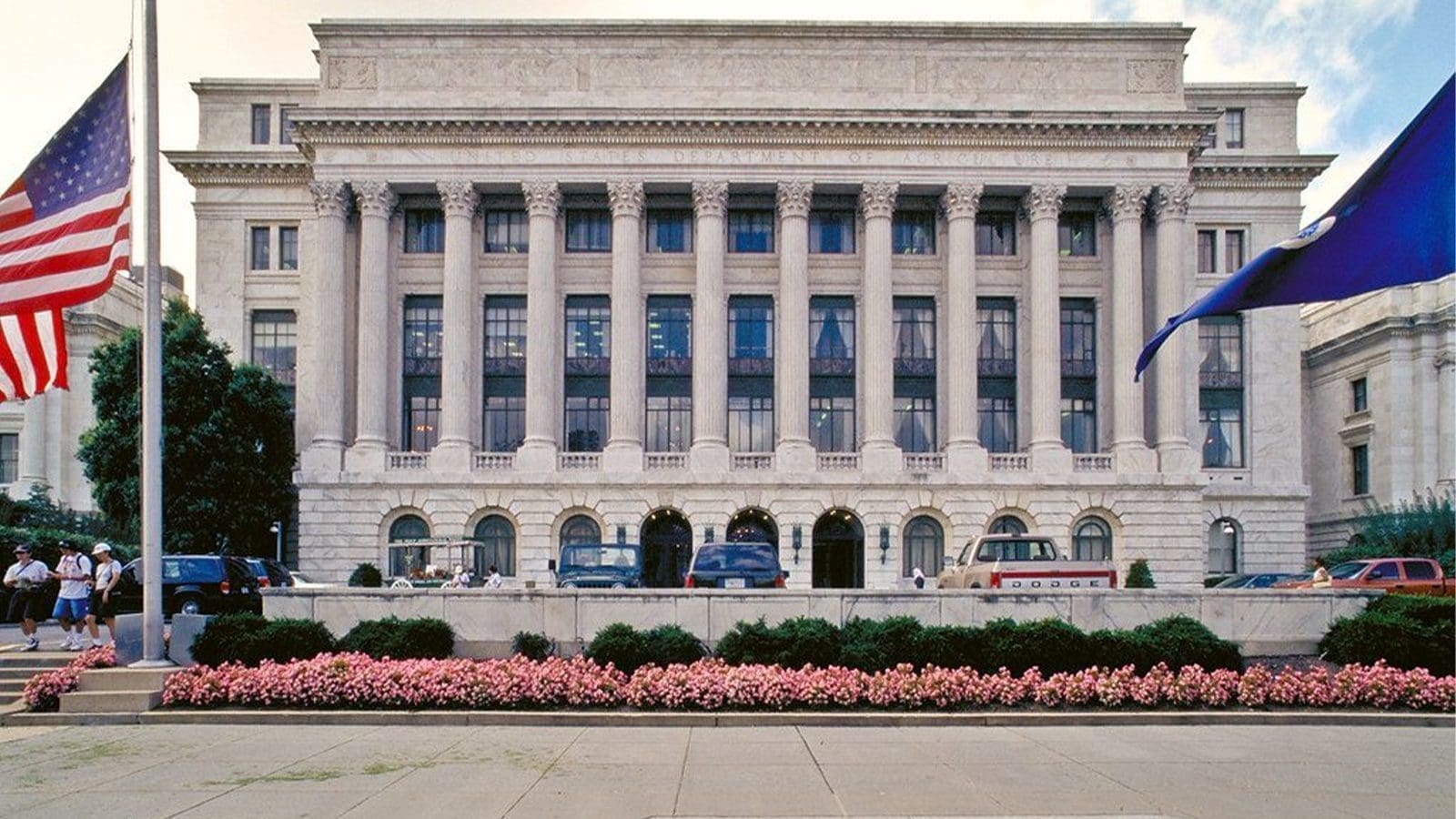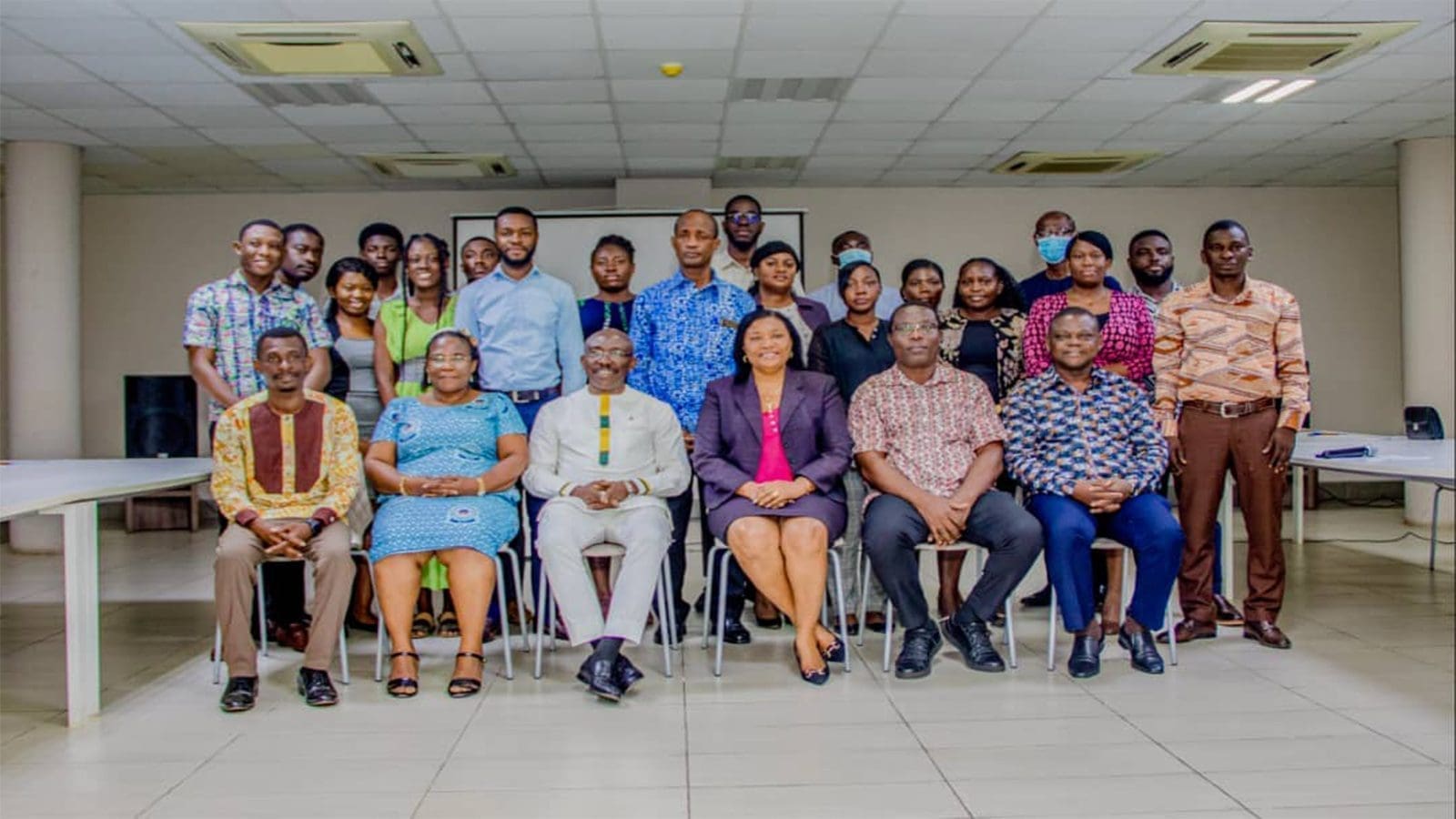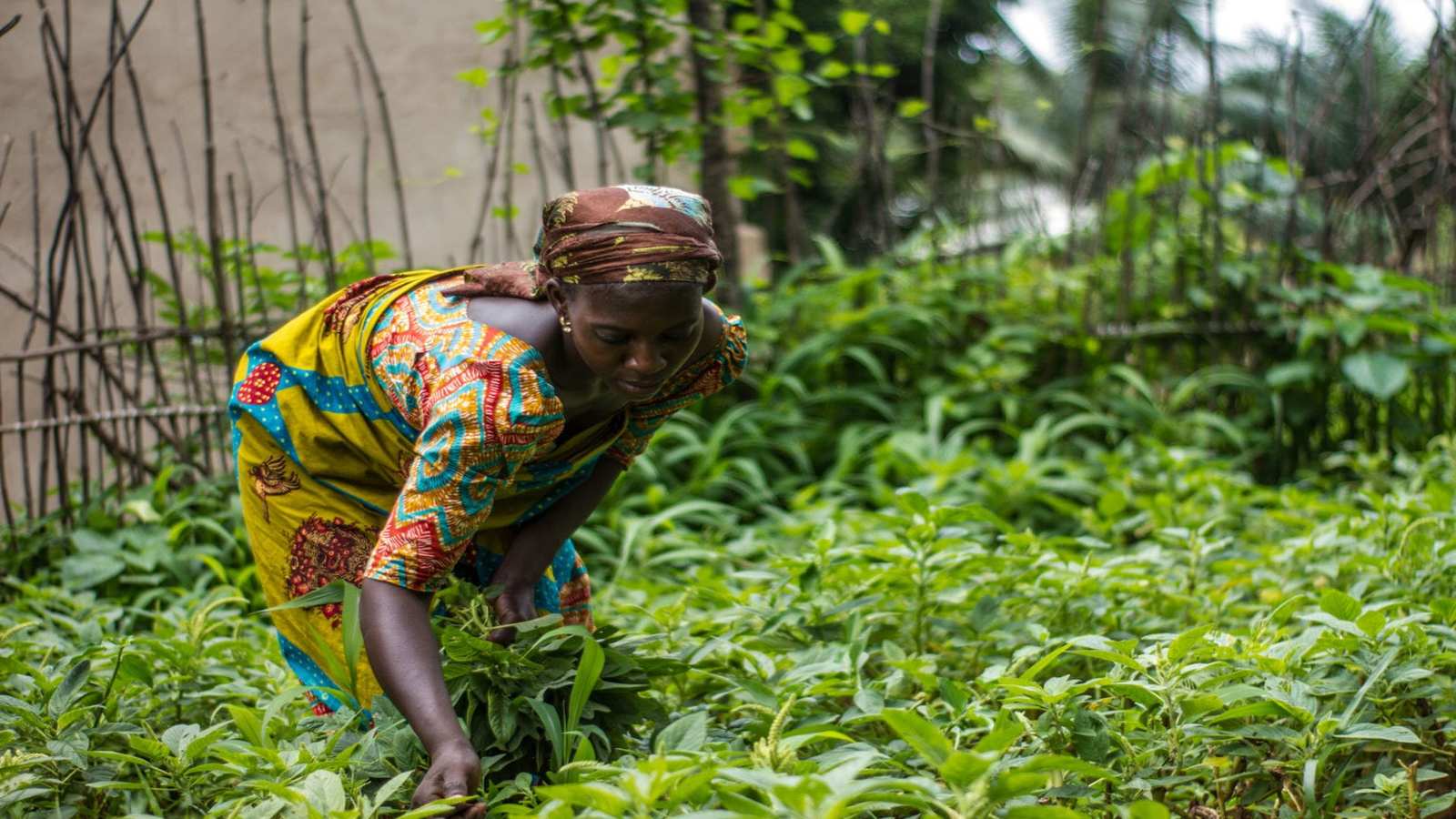PORTUGAL – Veracruz Almonds, an almond producer, processor and distributor, has introduced blockchain technology at their award-winning estates in Idanha-a-Nova and Fundão, Portugal, to enhance the produce’s traceability.
This comes as the almond producer prepares to expand its exports to distributors and suppliers in the UK and Europe.
The technology, which collates interlinked data on vital factors, will enable Veracruz to monitor the entire lifecycle of their production process, from sowing seeds and harvesting, to processing and distribution, providing end-to-end traceability for suppliers, retailers and consumers.
Come next year, Veracruz is planning to open a 15.3-million-euro state-of-the-art factory and start collecting data on the processing of their blanched, matchstick and flour varieties.
This data will then be used to improve production, measure impacts and anticipate problems during the production process.
Packaging, transport and distribution will be the next step, with the ultimate goal of making the extensive and complex almond supply chain transparent and traceable to consumers at home via a simple QR code on the product packaging.
As one of the key pillars of precision farming, this detailed information provides Veracruz with an all-encompassing vision of their product.
These indicators make it possible to measure a series of parameters individually and compare it with different times of the year to speed up their entire reaction and decision-making process.
“Technology has the power to transform the food sector, and over the next five years we plan to invest over 6 million euros in innovative tech that will enable us to use our resources even more effectively, whilst drastically reducing waste,” said David Carvalho, Founder and CEO of Veracruz Almonds.
Carvalho noted that blockchain offers unprecedented new opportunities for smart food traceability, transparency and safety.
Specifically, he noted, in Almond growing – where crops are open to uncontrollable variables, such as weather, water scarcity, and pests – it has the potential to solve some of the industry’s biggest challenges.
“By maximizing the power of blockchain to boost traceability at every stage of the production and distribution process, we can give the consumer full sight of their products’ journey from orchard to plate, which is becoming an increasingly important part of the purchasing process,” he said.
Veracruz Almonds has also recently formed a partnership with Aerobotics, a company set up in South Africa, which captures and processes aerial images in farming, using artificial intelligence and machine learning algorithms.
This system makes it possible to automatically detect which trees have been planted, count and compare those that are living and dead, and analyze if the trees are healthy.
In 2022, Veracruz Almonds plan to fly over their farms every 2 weeks, which will allow information to be collected, and detailed reports to be drawn up, to provide accuracy on the health of the sector.
The company is the first company in the world to have traceable almonds.
Liked this article? Subscribe to Food Safety Africa News, our regular email newsletters with the latest news insights from Africa and the World’s food safety, quality and compliance. SUBSCRIBE HERE


